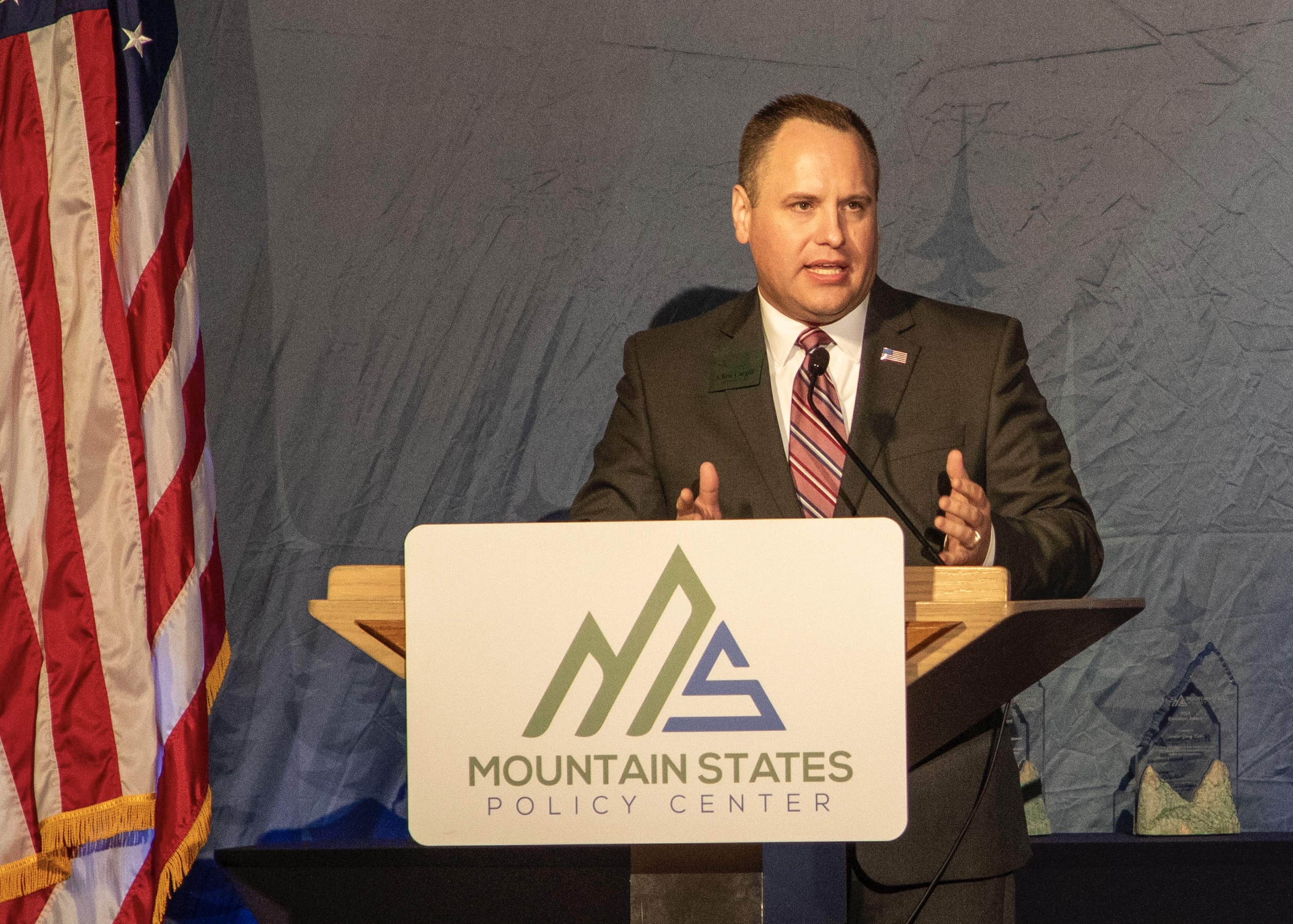Ensuring a legislative role in emergency powers is important
- Chris Cargill
- Dec 26, 2022
- 2 min read
Updated: Jul 21, 2023

Throughout the COVID-19 pandemic, the nation experienced executive overreach at both the federal and state level.
In Washington state, for example, Governor Jay Inslee once famously claimed he was the only person in the state who had the capability to save lives.
In the end, Jay Inslee held on to executive emergency powers for nearly 1,000 days without legislative oversight. In Washington, the state bestows upon the governor the sole authority to determine when an emergency exists and when it will end. This is not good for self-government. It’s hard to get the consent of the governed when the executive has become inaccessible.
In Idaho, Governor Brad Little initially vetoed a bill that would have required restrictions from an emergency order expire after 60 days unless renewed by the legislature. He later signed bills that some called “watered-down.”
There’s no question that in a real emergency, governors need broad powers to act fast. Legislative bodies take time to assemble, so they can temporarily transfer their powers to the executive in an emergency.
But when problems do last for extended periods, it is the responsibility of the legislatures to debate risks, benefits and trade-offs of various long-term approaches. Lawmakers may end up passing the very policies a governor would prefer, but they do it after deliberation as representatives of the people and do it in a public process.
It’s the Legislature, not the executive branch, that should make the laws we live under, and the governor – no matter the state or the person – is supposed to implement only laws passed by the Legislature.
In Wisconsin, for example, a state of emergency cannot exceed 60 days unless it is extended by the Legislature, and in Minnesota, a governor must call a special session if a “peace time” emergency lasts longer than 30 days.
Returning to democracy and legislative oversight is not a partisan issue.







Comments